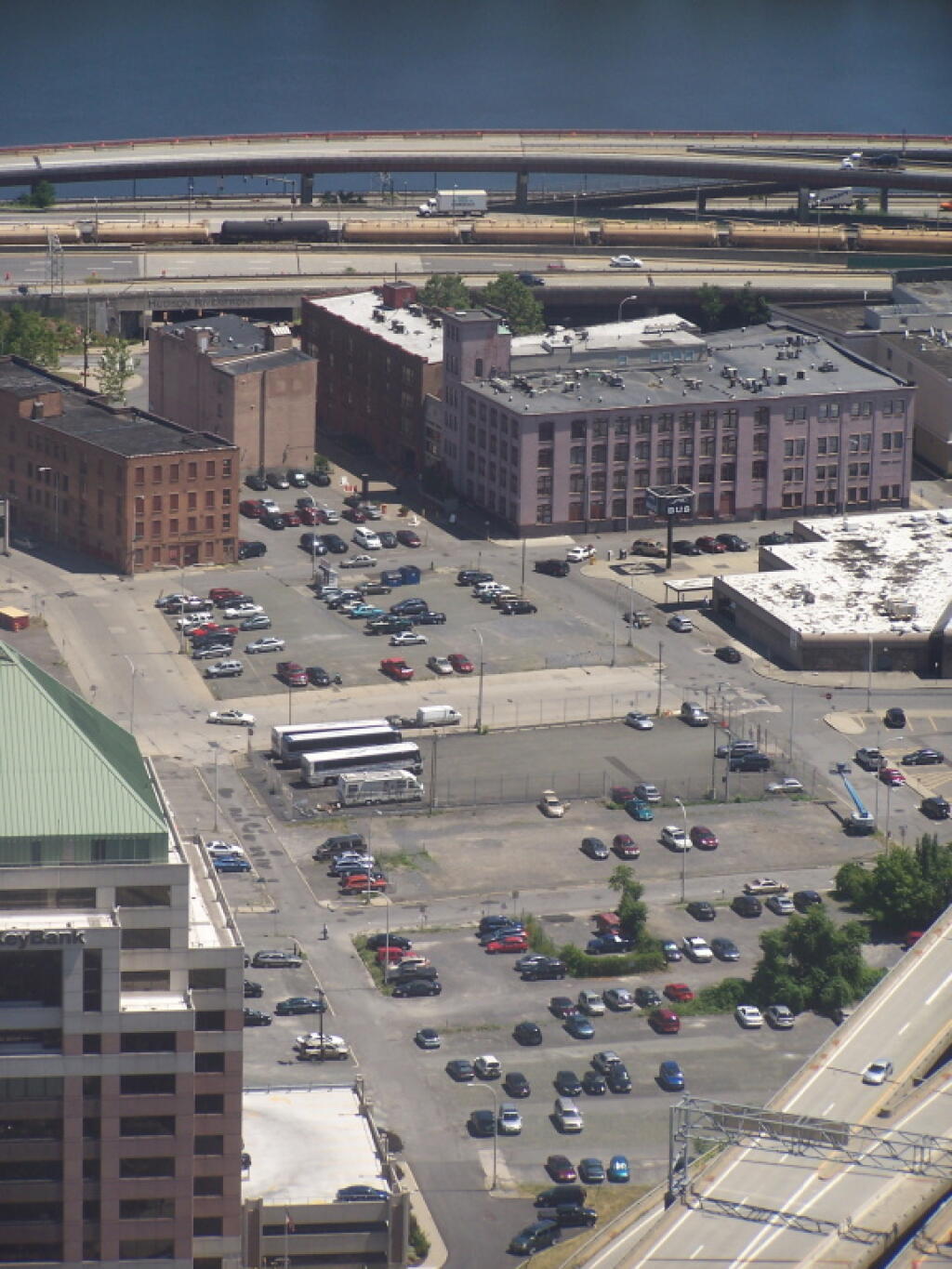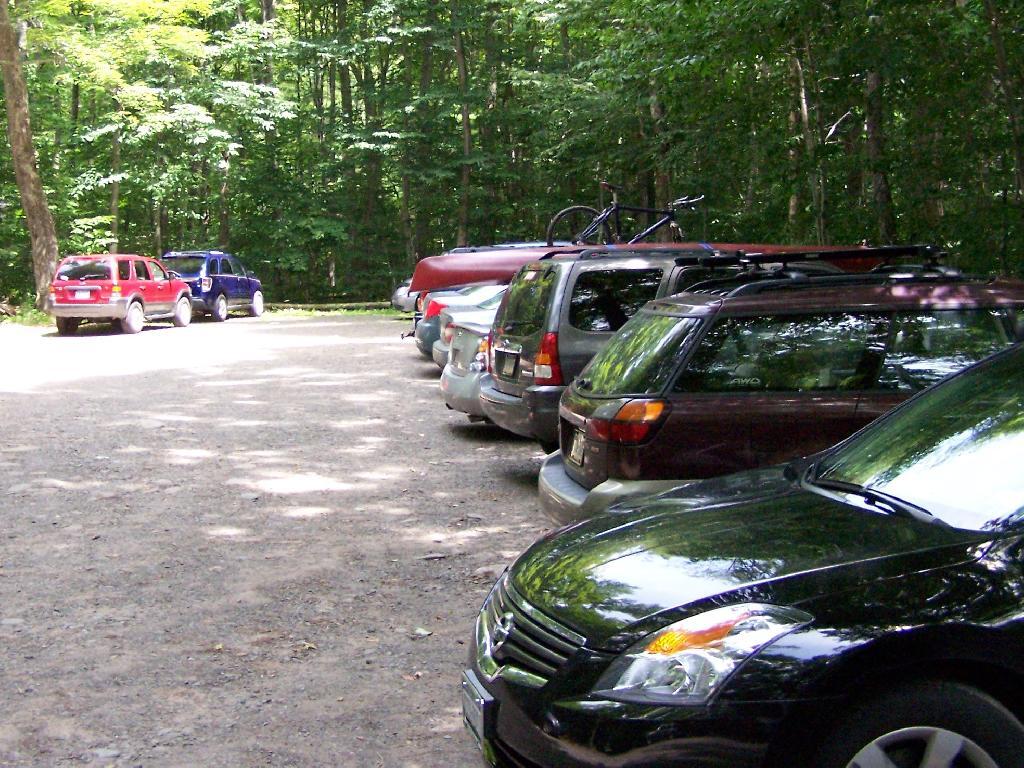I’ve been thinking a lot about eventually going car-less for a few years once the 2020 decade gets underway. But here are some disadvantages to going car-less ….

- While I do use transit a lot to get around town, sometimes I like to hop in my truck and go quickly to a destination.
- Some trips — like to the Albany Pine Bush or even the shopping malls to buy work clothing– while serviced by transit, are much less convient then to drive up there.
- Visiting my parents up in the hilltowns would require more planning on my part. I would have to either ride my bike, get a ride-share (which might be quite expensive) or find a ride.
- Grocery shopping would be less convient, I would probably have to do fewer “big weekly shops” at Walmart and might have to stop more frequently at Hannaford on my way to and from work.
- I would have to probably haul my laundry down to the laundromat, catching a bus and planning appropiately. I wouldn’t be able to just drop it off and do other things.
- I would have to subscribe to paid trash removal, rather then bringing my bottles and cans to the recycling center and burning the unrecycable paper trash up at a camp.
- While I would rent a car for big trips — maybe two weeks a year — that would cut into my savings, I still wouldn’t be able to do as many trips motoring that I do now.
- I would have to do alternative things to going up to the Adirondacks and Schoharie County during hot summer weekends. I could use the town pool, or ride my bike with a hammock, but my range would be limited compared to having a car.
- Opporunties to hunt and fish are limited without an easy motorized way to get up to the wilderness.
- I probably couldn’t do much kayaking, as it would be difficult to bring the kayak around without a truck.
- I would have to tent or hammock camp rather then truck cap camp in the summer, as I wouldn’t have a truck cap.
It’s always good to look at pros and cons before proceeding down any particular path, and I will look at the pros of going car-less in a future blog post, and how much money I could save and invest towards a better tomorrow.

